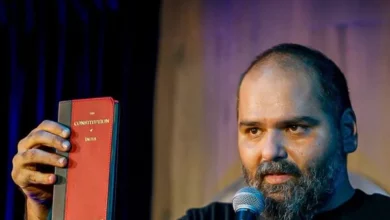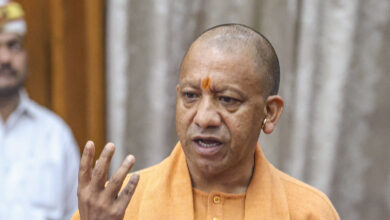
In a recent judgement, the Hon’ble Supreme Court of India reasserted the legal position that default bail order must remain the rule of the legal system while incarceration for accused persons should continue to be the exception. This should come as some comfort to accused people in money laundering situations who not be able to use any statements made while in custody as evidence against them.
This decision has come on the back of another verdict where the court permitted Prem Prakash, an accused fellow of Jharkhand CM Hemant Soren, to be let out of jail under the bail terms amid investigations.
This ruling comes close on the heels of a similar order passed by the apex court on Saturday which granted bail to the BHARAT Rashtra Samithi leader K Kavitha in a money laundering case in connection with Delhi’s now scrapped liquor policy. A few days ago, Manish Sisodia, an AAP leader also got released on bails in a connected issue.
The bench comprising of Justice BR Gavai and KV Viswanathan, while referring to the earlier judgment in the Sisodia case recalled that default of bail is to be during the proceedings of the Prevention of Money Laundering Act. The PMLA also highlighted in this regard the conditions mentioned under section 45 the PMLA which requires the accused to be not only innocent but also unlikely to repeat offences while on bail.
The bench noted that liberty of the individual is the rule and deprivation, as spelled by law, is an exception adding that any statement made by the accused person while in custody before an investigating officer in a PMLA case would not be admissible in court as it is ‘extremely unfair’ and against the principles of justice.
This the court applied by stating that in order for the appellants to be denied bail the prosecution must present a prima facie case that the appellant is guilty hence the court noting that Prem Prakash did not look prima facie guilty and would not interfere with the evidence – the basis for this court granting the bail.
This decision was made in the light of fairness of some prosecutorial actions where the bench raised eyebrows over selective manner in which people accused of the crime are dealt with. The court noted He can’t choose anyone who he wants. What is this fairness?
The court has made past decisions that uphold the principle that bail cannot be considered as punishment and continues to uphold the liberty of the accused is sacrosanct part of justice.



